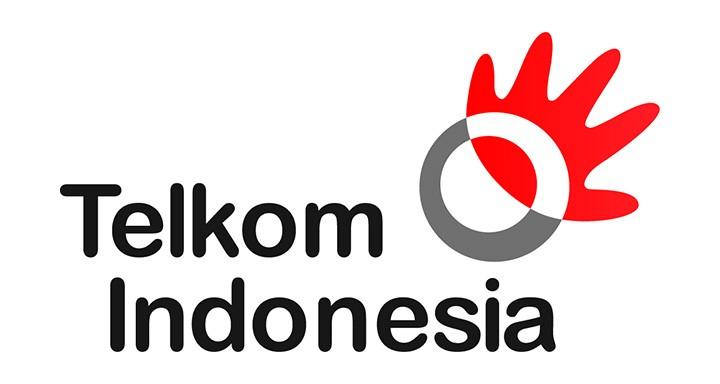Government Outlines 5 Pillars of Indonesia's AI Roadmap
Reporter
May 2, 2025 | 06:36 pm

TEMPO.CO, Jakarta - The Ministry of Communication and Digital is formulating the roadmap for AI in Indonesia. The goal is to create an ethical, inclusive, and innovative management foundation for Indonesia. Its rules cover not only technical aspects, but also prioritize public interest and data sovereignty.
Deputy Minister Nezar Patria explained this to Tempo in a written interview this week. In his responses, Nezar outlined the five main pillars for the AI regulatory roadmap in Indonesia. "First is ethics and accountability, where the government sets standards for algorithm transparency, bias mitigation, and independent audits, especially for AI systems in sensitive sectors such as health, finance, and justice," he said.
Nezar mentioned that the second pillar regulates data management that supports interoperability between the public and private sectors while upholding privacy protection under the Personal Data Protection Law. Workers affected by automation are also not forgotten. The third pillar of the regulatory roadmap under development will be reskilling programs, integrating AI/STEM (Science, Technology, Engineering, and Mathematics) curricula, and incentives for the diaspora.
The fourth pillar of the roadmap is the regulation of innovation and commercialization. According to Nezar, in this regard, the government supports this through a special startup AI funding scheme and a regulatory sandbox. "And fifth, national security, with a specific approach to addressing challenges such as deepfakes and disinformation, especially leading up to the election," Nezar said.
Nezar revealed that the roadmap, which will adopt global standards such as the UNESCO Recommendation on AI Ethics 2021, will be formalized as a Presidential Regulation (Perpres). The target is to complete this by the fourth quarter of this year. "Of course, this will go through public dialogue and multi-stakeholder consultations," he added.
Nezar admitted that Communication and Digital Ministry also learned from the approaches of the European Union with risk classification in the EU AI Act, Singapore through the AI Verify Foundation, and China with their AI industrialization strategy. However, he said that Indonesia has its context, such as the importance of promoting local content in recommendation algorithms, and the need to strengthen digital infrastructure in the 3T regions (lagging, leading, and outermost).
According to him, the three most urgent issues require special regulations in the Presidential Regulation on the AI Roadmap in Indonesia. These issues are generative disinformation, with a mandate for labeling AI-generated content; systemic bias, especially in AI used for public services; and economic resilience and data sovereignty, including social guarantees for workers affected by automation and restrictions on foreign ownership of strategic data.
"The government realizes that AI is not just a technological issue, but a matter of the future of social justice, digital sovereignty, and Indonesia's economic sustainability," he said. "This regulation must favor the people, promote ethical innovation, and not create new disparities."
Editor's Choice: Duolingo to Adopt AI, CEO Reveals in Memo to Employees
Click here to get the latest news updates from Tempo on Google News






















